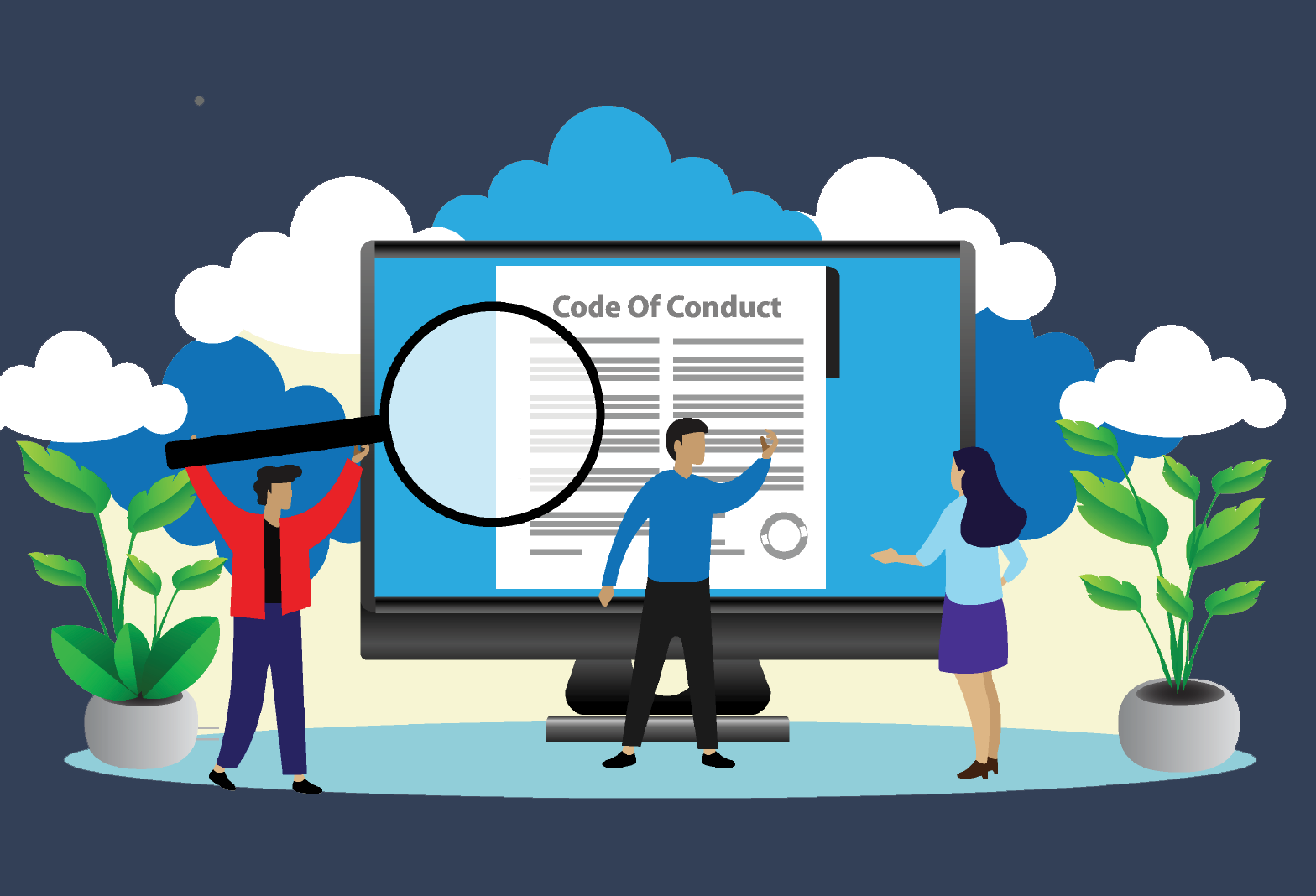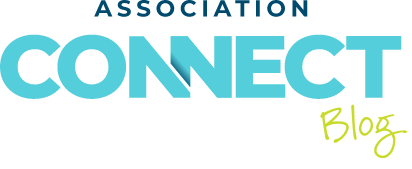Is Your Code of Ethics Up to Code?

We are living in unprecedented times. Due to the pandemic, the state of work and how it is accomplished have been forever altered. Many of us remain working from home a full year after the world shut down, and even after we finally manage to put COVID-19 in the rearview mirror, most businesses will opt to revise their remote work policies permanently. In addition, national (and international) conversations are currently being had on the critical subjects of diversity, equity, and inclusion—not to mention the added complexities of social media practices and cybersecurity. In light of all this, it’s a good idea to revisit the principles that guide the way you operate and the edicts to which your association aims to adhere; it is the perfect time to review and update your code of ethics.
Best to begin with the basics. What exactly is a code of ethics? According to Inc.com, a code of ethics is “a collection of principles and practices that a business believes in and aims to live by.” For the purposes of this article, we’re going to assume you already have one in place—it’s perhaps just been some time since you’ve dusted it off. So, let’s clear those cobwebs and get to work.
Putting the ‘Value’ in Evaluate
Some values permeate through just about any association’s area of expertise. YGS, for example, uses our FIRST Values as a guide (Flexibility, Integrity, Responsibility, Service, and Trust). It’s hard to argue with those, really. But depending on the specific niche of your respective industries, associations should take the time to really get to the heart of the particular practices and areas of concern most important to them. According to ASAE, the two questions associations should ask are: (1) What are our defining values? and (2) Does our current code of ethics reflect these values?
Time to Get Contemporary
As Bob Dylan famously wrote, “the times, they are a-changin’,” and that means your ethics codes should, too. Social and moral issues that are top of mind in 2021 may have been far less perceivable a few decades ago. Some areas, such as sexual harassment, diversity and discrimination, and nepotism, are more or less perennial. However, when you wrote that initial code of ethics draft awhile ago, were you thinking about cybersecurity and data privacy, especially in light of work-from-home and bring-your-own device practices? What about social media? If an employee posts something that could be construed as controversial or even immoral, how is the association going to address it? Do you have a policy in place for an associate who may wish to come out as transgendered in the workplace? What about your association’s environmental responsibility amid growing climate change concerns? What about new health and safety protocols since the pandemic struck?
While it’s a lot to think about, these modern issues should absolutely be taken into consideration and addressed.
Let’s Be Clear
It’s a tricky line to walk. You want to be specific but not too bogged down in details. You want to be thorough but not verbose. You want to be inclusive but not vague. Once you’ve completed your first draft, it is a very good idea to enlist the help of an editor. If you don’t have one readily available, at the very least you should submit your updated code for peer review to ensure clarity—which brings up a very good point…
[subhed] Employee Tested; HR Approved
Your updated code of ethics draft should not be written and ratified in a silo. No one in your organization can better identify the most pressing issues in the workplace better than the employees themselves. Allow your staff to anonymously provide suggestions and input using real-life situations they’ve faced. Giving your associates a say in the draft will not only ensure the main areas of concern are addressed; it will also aid in earning their buy-in, as people tend to care a lot more about something they helped create.
After that, it’s very important to run your updated code by your human resources specialist to avoid any major pitfalls. Once you have their approval, your code of ethics should officially be “up to code.”
Have an idea for an article? Let us know!
Receive the Association Connect newsletter
A proud company of The YGS Group | HQ: 3650 W. Market St., York, PA 17404
- Privacy
- YGS Association Solutions © 2026

